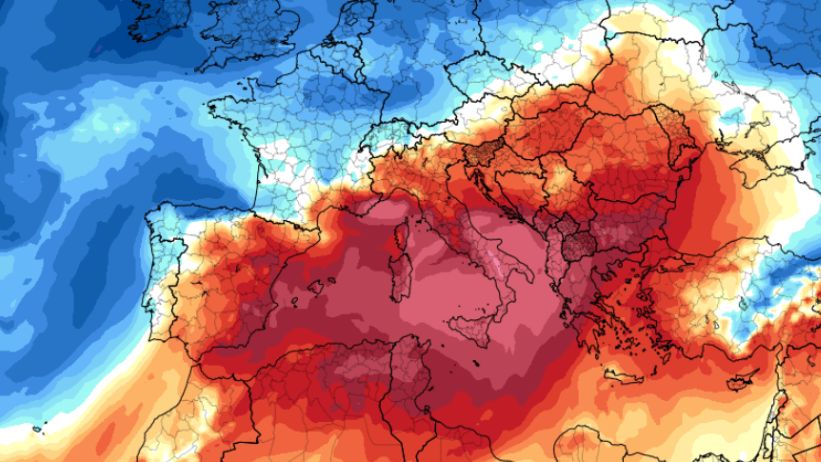It is official: 2023 was the hottest year ever recorded, and 2024 is expected to be even hotter
2023 was a record-breaking year for heat, as confirmed by the official data now. Even though many of us felt the heat last year, it's still incredible to see the data. And it's about to get even hotter.
Officially, last year was the hottest ever recorded since 1850 when temperature recording began. Looking further back in time, last year's temperatures "probably surpass those of any period in the last 100,000 years," according to Samantha Burgess, Deputy Director of the Copernicus Climate Change Service of the European Union.
The Copernicus Climate Change Service of the European Union has released data today that confirmed earlier predictions that 2023 would see exceptional heat. It also made a concerning forecast for the new year, predicting that the world could soon surpass a critical threshold for climate change.
2023 didn't just break records; it shattered them, far surpassing the previous hottest year in 2016. But major planetary changes can hinge on fractions of a degree of temperature variation, so please follow along as I break down some of the numbers.
On average, global temperatures have risen by about 1.2 degrees Celsius since the start of the Industrial Revolution due to greenhouse gas emissions from fossil fuels. This may not seem like a significant change, but it has already fueled deadly heatwaves in Europe, North America, and China last year that would have been "extremely rare or even impossible without human-caused warming," according to an international collaboration of researchers called the World Weather Attribution. And this is just one example of the many ways climate change has intensified disasters worldwide.
"The extremes we have seen in recent months provide dramatic testimony to how far removed from the climate in which our civilization developed we now are. This has profound consequences for the Paris Agreement and all human endeavors," said Carlo Buontempo, Director of the Copernicus Climate Change Service, in a press release.
In fact, 2023 was even 1.48 degrees Celsius hotter than the pre-industrial era. This is a remarkable increase in global average temperatures and a cause for great concern. In fact, the Paris Agreement commits almost all countries in the world to work together to try to limit global warming to 1.5 degrees Celsius or face even more dramatic climate disasters. This goal is rapidly slipping away.
According to the latest Copernicus projections, the 12-month period ending in January or February 2024 will "likely" exceed 1.5 degrees Celsius above pre-industrial levels. The UK's Met Office has also forecasted that 2024 will be even hotter than last year.
However, all hope is not lost to stop climate change. The Paris Agreement's goal is to prevent sustained average temperatures from exceeding 1.5 degrees. In 2023, a climatic pattern El Niño emerged, which, along with greenhouse gas emissions, significantly contributed to last year's temperature rise, but El Niño is expected to end later this year.
Humans can also lower the thermostat themselves by using clean energy and reducing pollution that causes planet warming. Whether the world reaches global climate goals or not, every fraction of a degree makes a difference when it comes to the outlook for the future.





